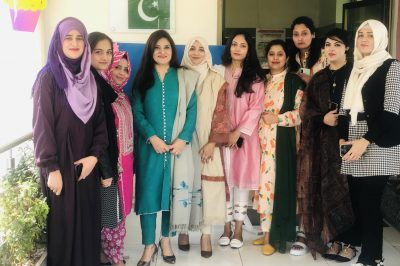In a groundbreaking initiative, Mazen School’s commitment to nurturing well-rounded individuals took center stage at the “Anger Management: A Holistic Approach” event organized in collaboration with A Cup of Coffee with Mothers. The event, aimed at paying tribute to the invaluable contributions of mothers in students’ lives, featured a comprehensive discussion on the importance of anger management and its impact on child development.
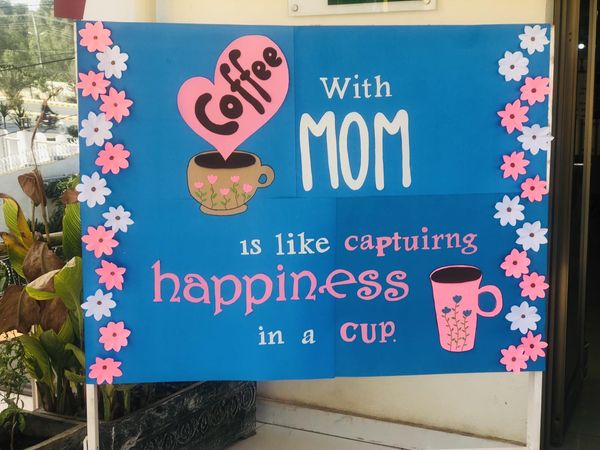
In her opening remarks, Principal Amina Shabir emphasized the pivotal role mothers play in our society. She acknowledged the nurturing influence of mothers in the formative years of a child’s life and highlighted the significance of creating a supportive environment for emotional development.
Atika Farid, the Director of Mazen Schools, passionately advocated integrating Social and Emotional Learning (SEL) programs into the curriculum. She asserted, “SEL programs equip students with crucial skills for regulating emotions, establishing resilience, and developing healthy relationships. By incorporating these programs, schools empower children to navigate challenges, manage stress, and succeed academically and personally.”
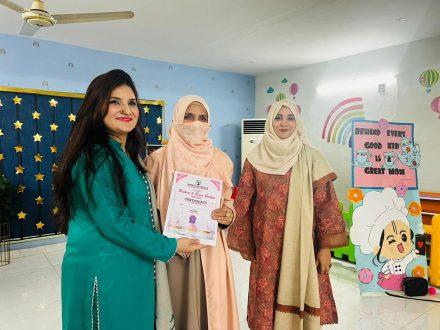
House Psychologist Ayesha Iliyas, a prominent figure in the field, took the stage to elucidate the complex nature of anger. “Anger is a natural and complex emotion,” she explained, “that arises in response to a perceived threat, injustice, or frustration. Understanding and managing this emotion is crucial for the overall well-being of our students.”
One of the key takeaways from the event was the exploration of different types of anger. Passive anger, often expressed indirectly, can be destructive in both personal and professional relationships. On the other hand, aggressive offense, which involves direct confrontation and attempts to harm others emotionally, physically, or psychologically, was identified as a harmful expression that can have lasting consequences.
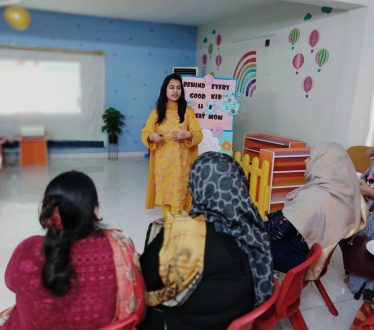
Ilyas emphasized the importance of assertive anger as a healthy form of expression. Assertiveness allows individuals to communicate their emotions and needs confidently and respectfully. By directly addressing concerns, assertive anger provides an opportunity for constructive dialogue and resolution.
The event also tackled a common question among parents: “Is it okay to get angry with my child“? Ilyas indicated that constant exposure to parental anger can significantly impact a child’s emotional well-being and long-term behavior. Hurtful words spoken in anger may lead children to internalize blame, resulting in low self-esteem, insecurity, and a negative self-image.

When consistently exposed to parental anger, children may respond with negative behaviors such as rudeness or aggression. Ayesha Ilyas highlighted that this negative impact can extend to various aspects of a child’s life, including physical health, social interactions, and sleep patterns.
Also Read: Islamabad students rally for Gaza to show solidarity with Palestinian Children
The psychologist urged parents to be mindful of their parenting styles, as they play a crucial role in shaping a child’s emotional response to anger. Permissive, authoritative, authoritarian, and uninvolved parenting styles were discussed in detail, emphasizing each style’s impact on a child’s emotional development.
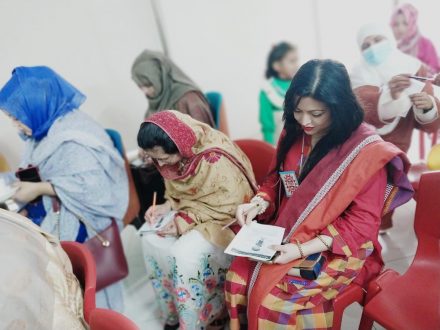
To equip parents with practical tools for fostering healthy emotional regulation, Ayesha Ilyas shared techniques for anger regulation. Communication strategies, creating boundaries, positive reinforcement, and modeling healthy emotional regulation were essential techniques discussed during the event.
Mazen School’s Quaid Campus has taken a commendable step towards nurturing the holistic development of children by addressing the critical issue of anger management. The event provided valuable insights into the nature of anger and equipped parents with practical strategies to promote healthy emotional regulation in their children. It also underlines the importance of community and shared responsibility in nurturing the next generation.
International Relations Scholar interested in National Security strategies, with a good focus on Geo-Politics, Foreign Policy, and Public & Cultural Diplomacy.

